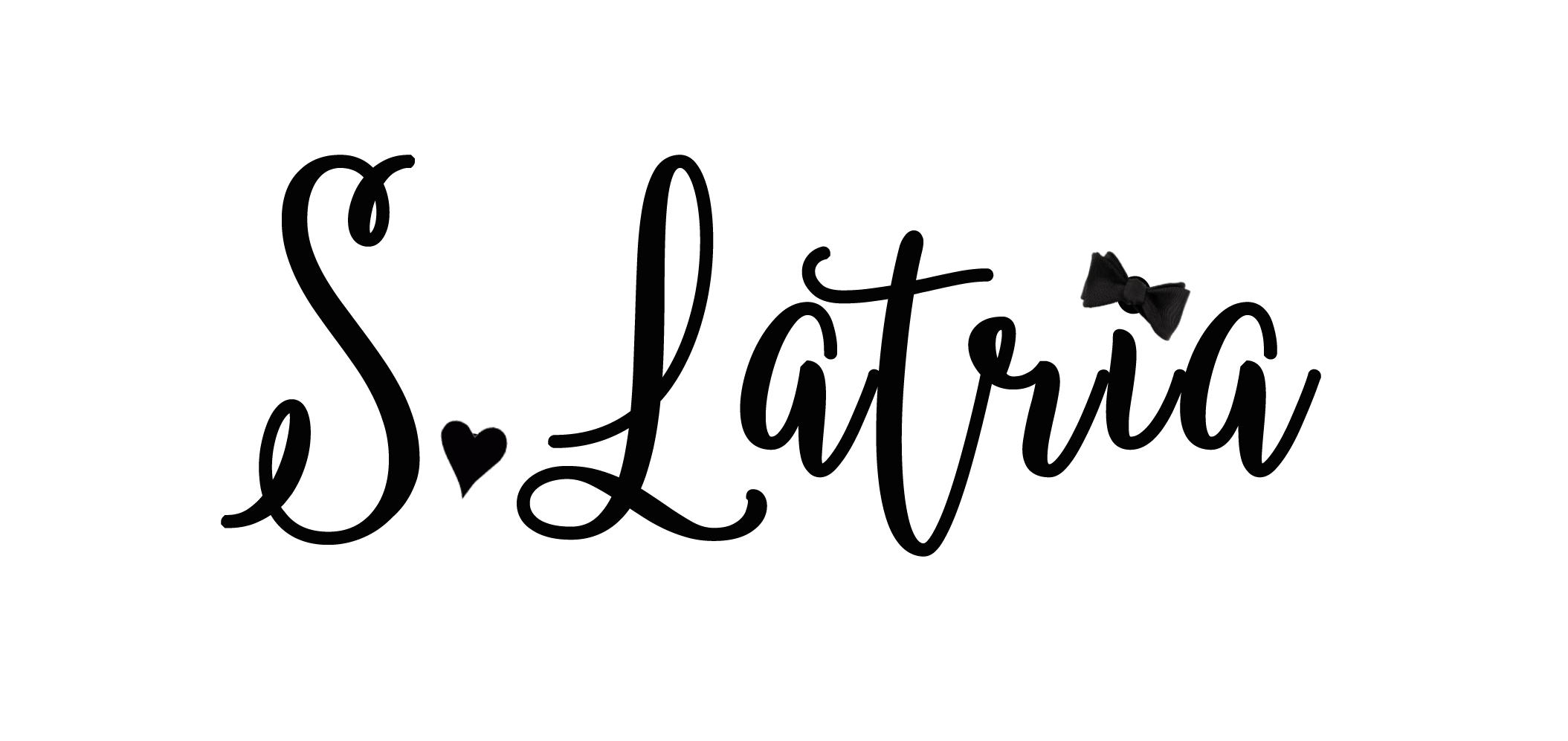What Would My Mother Do?
In many ways, my mother was a saint. Despite how she and my father ended their relationship, no matter how unreliable he was, regardless of her personal feelings, she never spoke negatively about him. She never limited his access or kept us away from his family. Our relationship with him, good or bad, would only be framed by our perspective and participation.
I was an adult before I realized she accomplished something miraculous. She made being the bigger person look effortless. I am now in my thirties grappling with the effort that goes into following in her footsteps.
“You would see him for who he was.”
Without any anger, now, I can say my father is inconsistent. Without knowing every event that lead him to being who he is, as an adult, I understand life just happened to him. As a child, his child, it was harder to navigate a space in which I was not his priority.
My definition of love is rooted in reliability and attention. Anything deviating from that feels like an offense. For me, predictability is as good as a hug, and while he was living his life, I lacked that very specific type of affection.
This narrative isn’t new or special. Many people I know struggle to rationalize how they were raised by parents both absent and present. We internalize these most intimate relationships as a reflection of ourselves and our importance. However, when we define our worth through someone else, even our parents, we negate their importance of fulfillment.
How do they see themselves in this relationship?
Are do they define themselves outside of this relationship?
Are they the person they want to be?
Am I projecting who I am on them?
These are difficult questions to consider and answer when you’re disappointed, feeling forgotten, or unloved. Father, Mother, Daughter, Brother… these associations hold so much weight just in definition. The titles of connections can conflict with the actuality of the situation and the people within them. While I was thinking and saying, “he is my father, therefore he should,” I was replicating the same selfishness I accused him of. He is who he is, and I am who I am. It is neither of our right to try to mold the other person into the position that best suits us. I think I have a selfish father. I am sure he thinks he has a demanding daughter.
It’s remains as complicated as it is simple. Meaning accepting I have no control over who he is and what he will do sounds easy but accepting that my expectations of our relationship may never be met is difficult. It looks hard. It feels harder. But that complexity does not change reality. Hard truths, are still facts.
Often the toxicity of our familial relationships come from our unmet expectations. But if we allow cultural norms to determine our relationships beyond our actual needs, are we harming ourselves unnecessarily? I “needed” my father for a specific role as a child. As an adult, the financial, physical and emotional need for him has largely dissipated. Leaving the space and opportunity to cultivate something that feels like love, for the both of us.
But I’m no longer just his daughter. I’m a mother, with children of my own now, trying to embrace him authentically. Because I deserve peace, my children deserve a flawed grandpa, and he deserves to be understood. We all deserve to be loved unconditionally. We all deserve the chance to find happiness within each other, without disappointment looming or the past projecting.
How does that look like in practice?
When he inevitably disappoints me. Can I juggle accountability and understanding?
What would my mother do?
She would accept an invitation to come visit his home, allowing for him to feel comfort in his element. She would smile. Because she would know, when we looked to her, that smile would let us know everything is okay. She would say, “it’s okay, giving us constant. She would encourage, but not force, closeness. Because even with open doors, sometimes we would need a little shove to walk through.
I imagine my mother at one point looked at my father much how I look at him now.
With concern but resolve.
With doubt. So much doubt.
Hope that he can get it right this time.
Realization that seeing that may actually bring sadness for what we didn’t have.
A promise to not step in unless needed but to protect me and mine more than his feelings.
And patience. Lots of patience.
I get to see my father tend to his well cultivated plants with the same tenderness he has with my children. I get to see them both light up with interest and excitement as the plant sunflowers together. I get watch their love grow from the seeds I planted. The seeds, they’re planting.
Seeing the best in my father allows my children to see the best in me. I don’t have to tell them who Grandpa “used to be”. Like my mother always said, “You will see him for who he is.”
I do hope they see him as I do.

